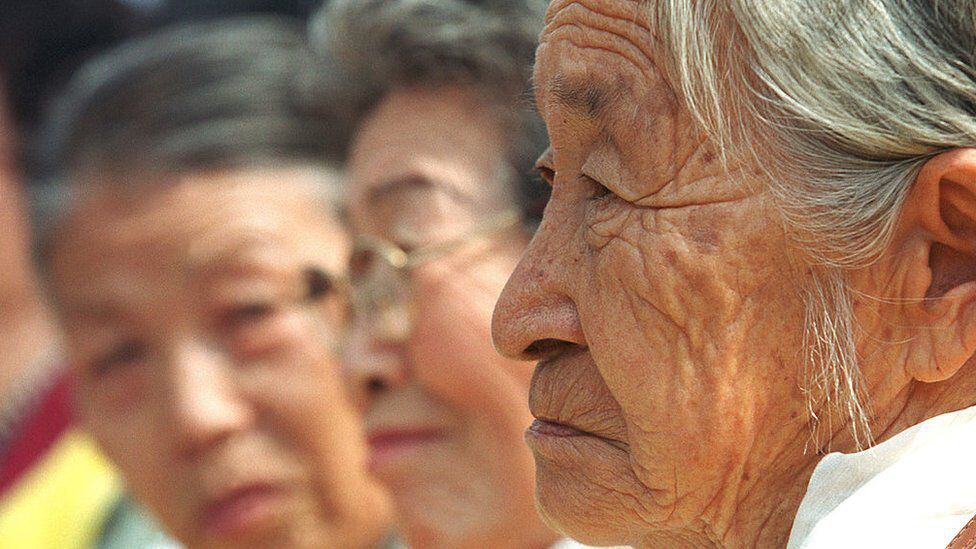The Japanese government will give one million yen per son or daughter ($6,000) to each family that moves out of the populous tokyo to any of the municipalities located in the provinces of the country.
The measure was announced by several local media such as the Tokyo Shimbun newspaper and the Kyodo news agency, which indicated that the government will grant an increase of about 700,000 yen to the subsidy currently given to families as of April who are moving out of Tokyo.
SIGHT: The case of the young man who died in an attack by a group of rugby players that shocked Argentina
According to the Japanese media, the main intention of the government is to revitalize the provinces outside the capital where the population is aging rapidly.
In fact, Japan has the highest rate of people per capita aged 65 and over in the world.
However, the measure’s second objective is to reduce the population density of the Tokyo Metropolitan Area, which is home to nearly a quarter of Japan’s total population: more than 37 million people, making it the most populated city on the planet.
And while last year marked the first time in 25 years that Tokyo’s population shrank, according to the most recent demographic report, this city is still considered a strong magnet for the youngest inhabitants of the country.
This has led to some regions being stuck in a spiral of depopulation, with disused schools and, in some cases, entire villages abandoned.
As government officials told the Kyodo news agency, the offer it is for families living in one of the 23 divisions in the Japanese capital and the neighboring towns of Saitama, Chiba and Kanagawa.
And in order to receive the subsidy, they must move outside this urban conglomerate, although officials clarify that they can also reside in some rural areas surrounding the Japanese capital.
High density
As Financial Times journalist Leo Lewis points out, the problem is that Tokyo remains very attractive even for the people who live there, with demand for housing steadily increasing. Despite the pandemic and remote work options, the median price of a new condo in Tokyo, according to the Real Estate Economic Institute, it surpassed the peak during Japan’s housing bubble in 1989.
And the increase in stimulus announced now also has an underlying reason. According to the government itself, only about 2,400 people took advantage of the subsidies offered to move from the capital during the last fiscal year.
That is barely 0.006% of the almost 38 million inhabitants that reside in the capital.
For the British journalist Justin McCurry, from the British newspaper The Guardian and resident in Tokyo, the main problem why the government’s stimulus program has not worked as expected it is that it has some requirements that prevent it from being very popular.

“Families that opt for this benefit must live in their new homes for at least five years and a member of the household must be working or planning to open a new business,” the correspondent notes.
“Those who move before five years have passed will have to repay the money in cash“.
Japan’s public channel, NHK, has begun to present a series of reports where they publicize the benefits of living outside the big city, to encourage families living in the capital to pack their bags for the big move.
“We’ve seen that show and naturally you think about itErika Horiguchi, who lives in Tokyo with her husband and daughter, told the Financial Times.
“But we have no plans to move. There is a reason why the Japanese come to Tokyo and I don’t think the government can change that,” she notes.
Source: Elcomercio
I am Jack Morton and I work in 24 News Recorder. I mostly cover world news and I have also authored 24 news recorder. I find this work highly interesting and it allows me to keep up with current events happening around the world.

:quality(75)/cloudfront-us-east-1.images.arcpublishing.com/elcomercio/GE4TCNRNGAYS2MBTKQYDAORRHE.jpg)

:quality(75)/cloudfront-us-east-1.images.arcpublishing.com/elcomercio/XK4KIZ6EGZF6PPFSX2QOEY4OBY.jpg)
:quality(75)/cloudfront-us-east-1.images.arcpublishing.com/elcomercio/A5XZCPO2FVH3VJKYQCGLK6TL4E.png)
:quality(75)/cloudfront-us-east-1.images.arcpublishing.com/elcomercio/QHZC6PNJU5AURGNKPZOZ6Y6XT4.jpg)
:quality(75)/cloudfront-us-east-1.images.arcpublishing.com/elcomercio/CEDFMU7CYRDJLHZKMA54UXWEYE.jpg)
